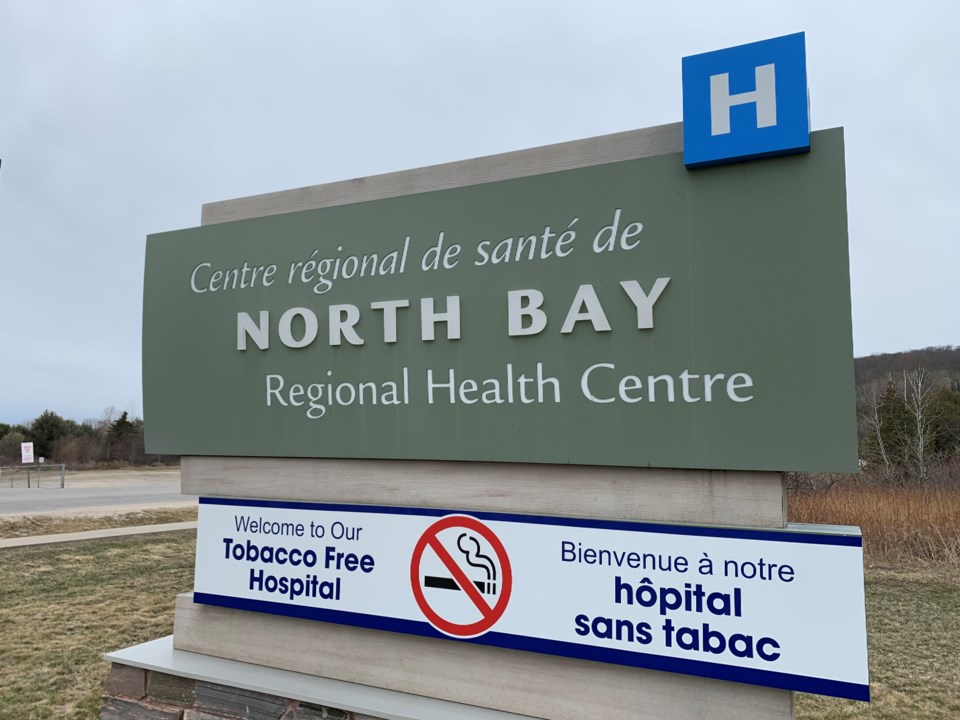The North Bay Regional Health Centre Hospital Foundation announced it has hit the $4.3-million goal to fund the nuclear medicine upgrade at NBRHC.
Kendra Clarke, director of philanthropy at the NBRHC Foundation, feels this achievement is a powerful testament to the strength of our community and the shared belief in providing exceptional healthcare close to home.
"More than $330,000 was raised during the matching gift challenge, with every dollar tripled by the Shapiro Family’s remarkable 2:1 match, ensuring the final phase of this essential project could be completed," states a release.
"The upgraded nuclear medicine equipment will significantly enhance diagnostic capabilities at our hospital, allowing patients to access the highest standard of care without leaving their community."
The $4.3 million nuclear medicine upgrade project began in late 2023 and that goal was reached through community donations, events and 50/50 proceeds.
"It's important to mention, that some of our first supporters of this initiative were the friends and family of Barry Simon, long before our official fundraising initiative commenced," noted Clarke.
"Barry was a beloved member of NBRHC's diagnostic imaging team since 1987. Barry passed in 2020. His friends and family chose to support the future upgrade of the Nuclear Medicine Department in his memory. Radiologists Dr. Dom Krzeczunowicz and Dr. Jeff Hodge matched all donations made in Barry's memory, and collectively raised more than $100,000 for this project, dedicating a space in the unit for their dear friend.
"As we neared the end of 2024, we only had one million remaining to raise, which our community achieved thanks to a generous 2:1 gift match from the Shapiro Family," explained Clarke.
"Together, we have proven that when a community rallies around a shared purpose, extraordinary outcomes are possible."
The Nuclear Medicine Department at North Bay Regional Health Centre (NBRHC) is described as "a critical component of Diagnostic Imaging, employing radioactive tracers for disease diagnosis and the monitoring of treatment. With a focus on early detection, the department plays a pivotal role in managing diverse medical conditions."
NBRHC officials say the Nuclear Medicine Department faces challenges stemming from aging equipment, heightened demand for SPECT/CT scans, and outdated technology. The existing SPECT/CT machine, nearing the end of its operational life, poses a concern with diminishing image quality, and replacement parts will be unavailable after December 2024.
Hospital officials believe patients will benefit from enhanced diagnostic accuracy, reduced wait times, decreased need for repeat visits, reduced radiation exposure, minimalized healthcare disparities for rural communities and reduced travel costs. This upgrade may also attract healthcare professionals through advanced medical technology.
